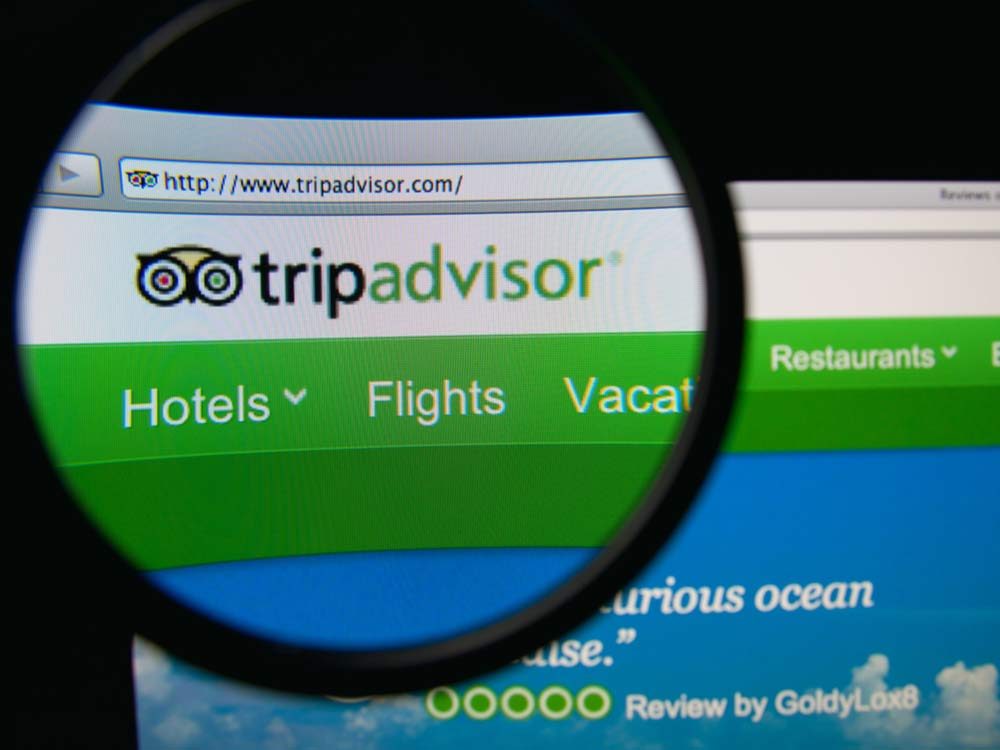
Fake Online Reviews Are Everywhere
Many of us factor online reviews into our purchasing decisions, but are we good at spotting the fakes? Up to 10 per cent are phony, planted by companies to boost their sales or tank their competitors’ rankings. To avoid getting scammed, watch for these warning signs.

1. Sketchy Profile History
On most sites, you can see a reviewer’s history by clicking their username. Be cautious if someone has only one comment, posts daily reviews, leaves only very positive notes or writes assessments for only one company’s products.
Next time you’re Online Shopping: Protect Yourself!

2. Too Much Detail
Fake online reviews, especially for health products, often spout a long list of claims, “facts,” or marketing-speak.

3. Too Little Detail
On the flip side, things like hotels are difficult to write about in detail without first-hand experience, says Bing Liu, a professor in the computer science department at the University of Illinois at Chicago who has extensively researched reviews. Consequently, potential fakes may be overly vague.
Check out 10 Ways Hotels Use Photos to Fake You Out!

4. First-Person Pronouns
It may seem counterintuitive, but a 2011 Cornell University study focusing on hotel reviews found that fake comments are often peppered with “I” or “my” to make them seem more personal.
Don’t get tricked abroad! Brush up on 3 Ways To Avoid Tourist Scams.

5. Substitute Products
To spot fakes written by competitors, watch for negative reviews that include high praise for a specific alternative, with a link to their “preferred” product.
Discover how to Protect Yourself From Online Dating Fraud.

6. One Star and Five Stars
Scammers often love or hate a product, but real people tend to be more measured. The exception, says Liu, is millennials, who, according to his research, will log on to leave five-star ratings for products they like.
Don’t miss The Secret Behind Why Millennials Are The Happiest Generation Ever.

7. Super-Short Online Reviews
Paid shills aim to get a product’s overall grade as high as possible as quickly as possible, so they’ll hit the five-star button and type something fast, like “Great service!”

8. Feedback Clusters
Fake reviewers often inundate a new product with feedback to generate buzz. “Most products need to sell 1,000 units to get one review on Amazon,” says Ming Ooi, partner and chief strategy officer at Fakespot, a review-analysis company used by over 2.5 million people in 2016. “People won’t usually leave 10 reviews in one day and make them all five stars.”

9. Hidden Patterns
Sometimes it’s best to leave things to the computers. Review evaluators like Fakespot use software to analyze comments in aggregate, catching suspicious reviewer behaviour patterns that may not be visible to the human eye.

10. Word Repetition
To make it easier for people to review their products, companies often provide talking points.
Check out 10 Things You Need to Know About Advertising.

11. A U-Turn in Attitude
Reviewers might swear they came in ready to hate a product but changed their minds based on its awesomeness. But who would buy products they thought they’d hate?
Stay protected with these 8 Tips for Safe Online Shopping!

12. Small Businesses
When it comes to judging reviews, Liu advises being more careful about local services. “Plumbing, painting, those kinds of things, tend to have more problems,” he says.
Consider these 7 Questions You Need to Ask Before You Renovate Your Home.

13. Unreliable “Customers”
Sites that require reviewers to have purchased the product are more reputable than those that don’t. A 2014 U.S. study found that Expedia, which only allows reviews from people who have booked their hotel stay through the site, was more reliable than TripAdvisor, where anyone can post comments.
Read up on 13 Things You Didn’t Know About Booking Your Vacation Online.